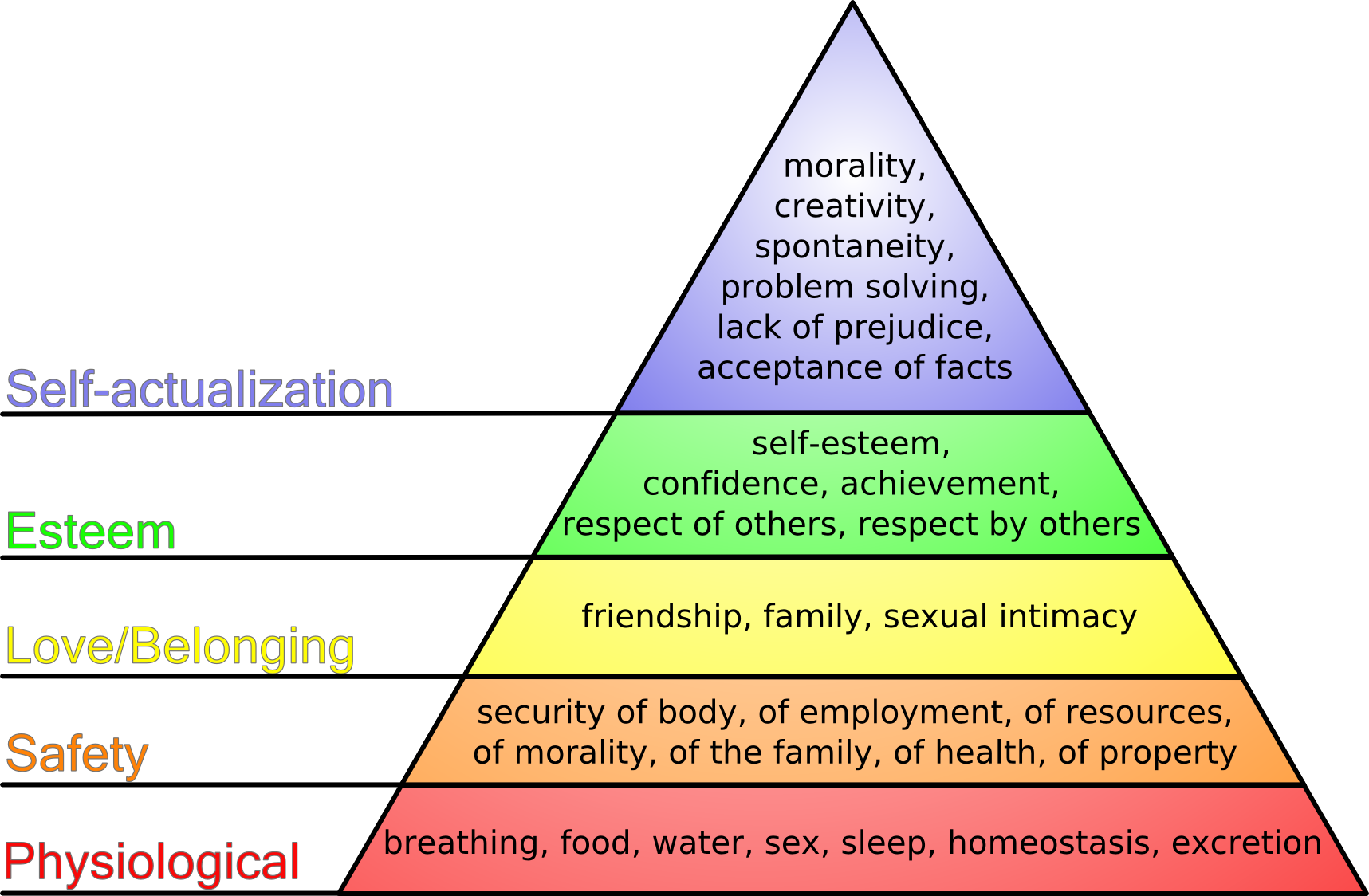Some changes are forced upon people by circumstances beyond their control, others occur because of life events or through choice. This page identifies skills you need to enable you to set goals and to enable personal empowerment. These skills can help you to make relevant, positive and effective choices and decisions for your future.
Personal development is a lifelong process which enables people to assess their skills and qualities, to consider their aims in life and to set goals which will help them to maximize their potential. Although early life development and early formative experiences within the family, at school, etc. can help to shape us as adults, personal development should not stop later in life. This page contains information and advice that is designed to help you to think about your personal development and ways in which you can work towards goals and your full potential.
Theory
There are many ideas surrounding personal development, one of which is detailed below – Abraham Maslow’s process of Self Actualisation.
Self Actualisation
Maslow (1970) suggests that all individuals have an in-built need for personal development which occurs through the process called self-actualisation.
The extent to which people are able to develop depends on certain needs being met and these needs form a hierarchy. Only when one level of need is satisfied can a higher one be developed. As change occurs throughout life, however, the level of need motivating someone’s behaviour at any one time will also change.
- At the bottom of the hierarchy are the basic physiological needs for food, drink, sex and sleep, i.e., the basics for survival.
- Second are the needs for safety and security in both the physical and economic sense.
- Thirdly, progression can be made to satisfying the need for love and belonging.
- The fourth level refers to meeting the need for self-esteem and self-worth. This is the level most closely related to ‘self-empowerment’.
- The fifth level is the need to know and understand the environment, this level includes more abstract ideas such as curiosity and the search for meaning or purpose.
- The sixth relates to aesthetic needs of beauty, symmetry and order. At the top of Maslow’s hierarchy, is the need for self-actualisation.
Maslow (1970, p.383) says that all individuals have the need to see themselves as competent and autonomous, also that every person has limitless room for growth.
Self-actualisation refers to the desire that everybody has ‘to become everything that they are capable of becoming’. In other words, it refers to self-fulfilment and the need to reach full potential as a unique human being.
For Maslow, the path to self-actualisation involves being in touch with your feelings, experiencing life fully and with total concentration.
Maslow, A. H. (1970), Motivation and Personality, (2nd Edition), Harper & Row, New York.

